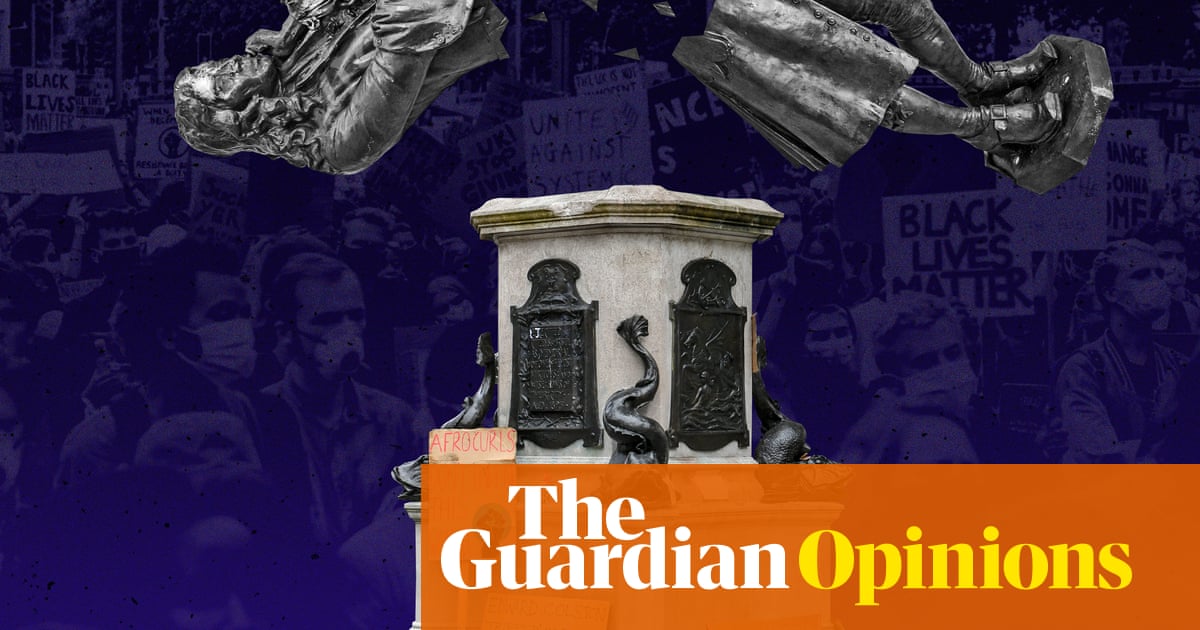
"Colston now resides, supine, inside the city's M Shed museum. I felt that this had been a worthy outcome: he no longer towers over Bristolians in a kind of psychological domination."
"For many Bristolians, the direct action provided a moment of long-overdue relief. The statue has been historicised and contextualised against a timeline of Bristol's connections with transatlantic slavery."
Five years after George Floyd's murder, the toppling of the Edward Colston statue in Bristol marked a pivotal act in the global Black Lives Matter movement. The event underscored the urgent need for conversations around race and history, especially in places with legacies of slavery. Activists sought to confront and reinterpret Bristol’s relationship with its past, turning a symbol of oppression into a point of reflection. While the statue now resides in a museum, visitors indicate that much work remains in transforming public perception and addressing systemic racism.
Read at www.theguardian.com
Unable to calculate read time
Collection
[
|
...
]